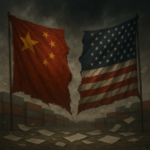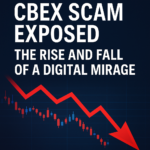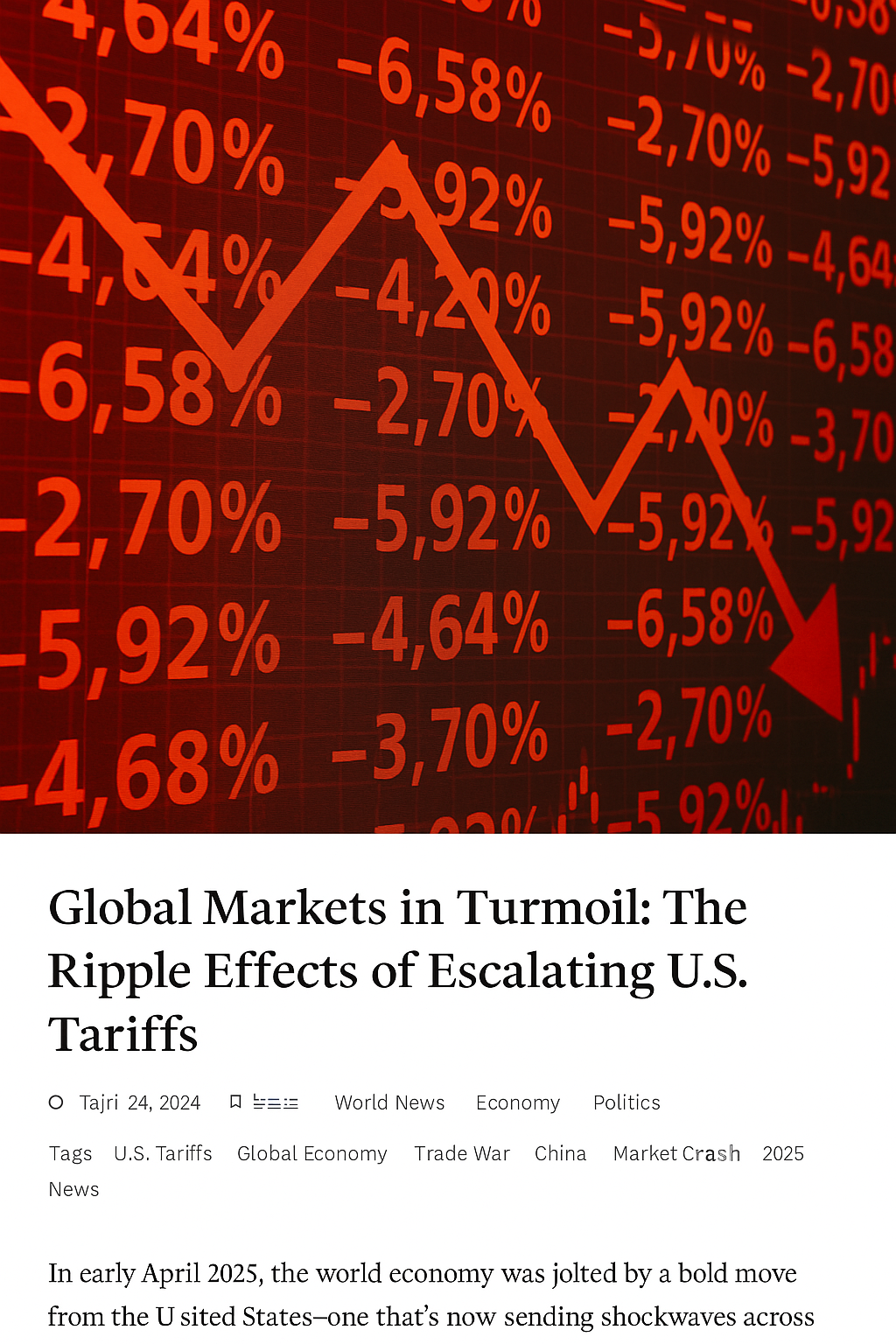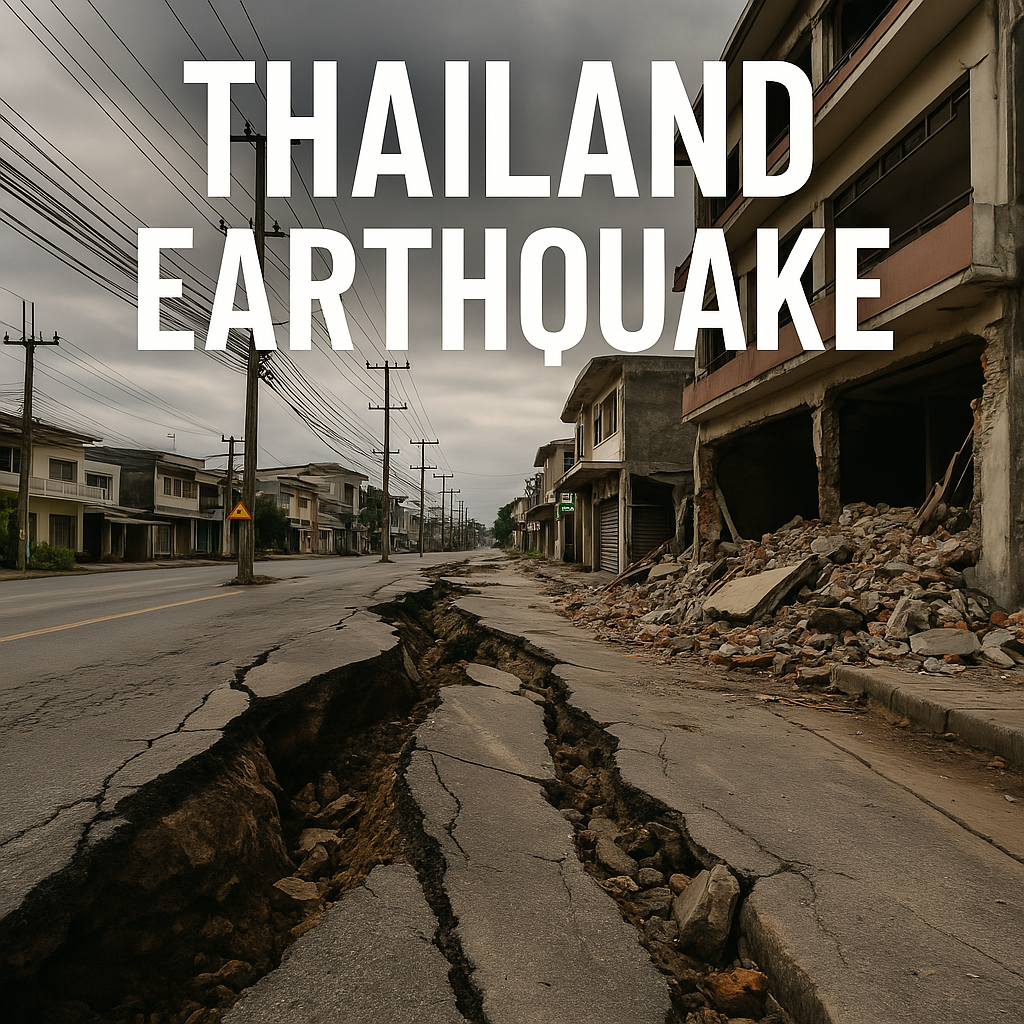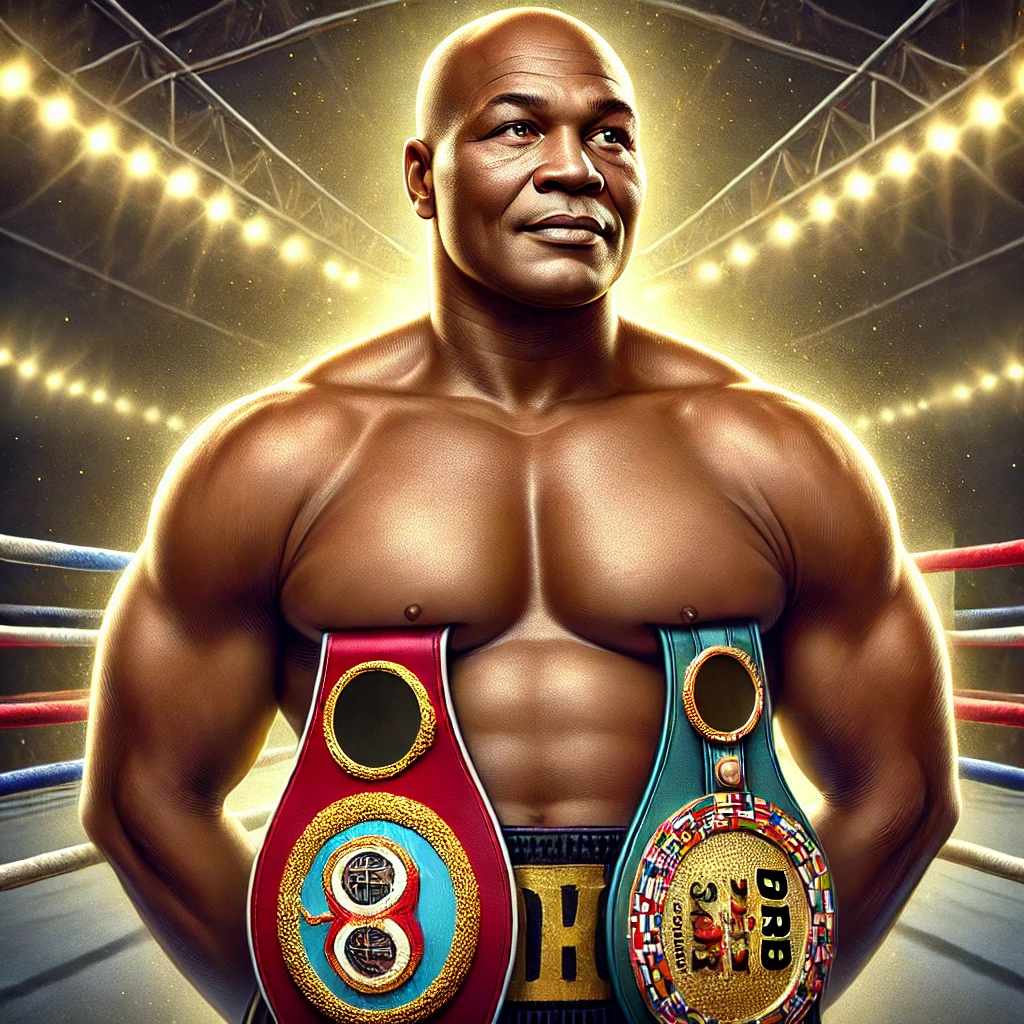In early April 2025, the world economy was jolted by a bold move from the United States—one that’s now sending shockwaves across global markets. President Donald Trump announced sweeping tariffs, slapping a 10% universal tariff on all imports, with an even steeper 34% tariff targeting Chinese goods. The retaliation from China was swift and decisive, mirroring the 34% tariff on American exports. The result? A massive wave of market volatility and economic uncertainty.
The Fallout Begins
The immediate reaction was a steep sell-off in global markets. Japan’s Nikkei dropped nearly 8%, while U.S. indices saw one of their worst trading days since the pandemic-era crash. Investors, already jittery from a shaky start to the year, are now staring down the barrel of what some are calling a potential “economic nuclear winter.”
Bill Ackman Rings the Alarm
Billionaire hedge fund manager Bill Ackman was quick to voice concern, urging a 90-day timeout on the tariffs. He warned that without a pause, the world could face an economic tailspin with job losses, shrinking GDPs, and strained diplomatic relations.
“We are playing with fire,” Ackman said in an interview. “This isn’t just about economics—it’s about global stability.”
Why It Matters Globally
Tariffs may seem like a domestic policy tool, but their impact knows no borders. Global supply chains are deeply intertwined. A tariff on Chinese goods doesn’t just hurt China; it drives up prices for manufacturers and consumers worldwide. European and African markets, heavily reliant on trade with both the U.S. and China, are bracing for ripple effects.
Small businesses, in particular, may suffer the most. From tech startups relying on imported components to local farmers who export produce abroad, the cost of doing business is going up—fast.
What Happens Next?
Economists and political leaders are now caught in a high-stakes chess game. Will the U.S. and China find a middle ground before things spiral? Or will we witness a repeat of past trade wars—with even higher stakes this time?
For now, one thing is clear: the world is watching, and the decisions made in the coming weeks could shape the global economic landscape for years.
Your Turn: Are you a small business owner, investor, or global citizen feeling the impact? Share your thoughts in the comments—let’s discuss how this global shift is affecting lives on the ground.



